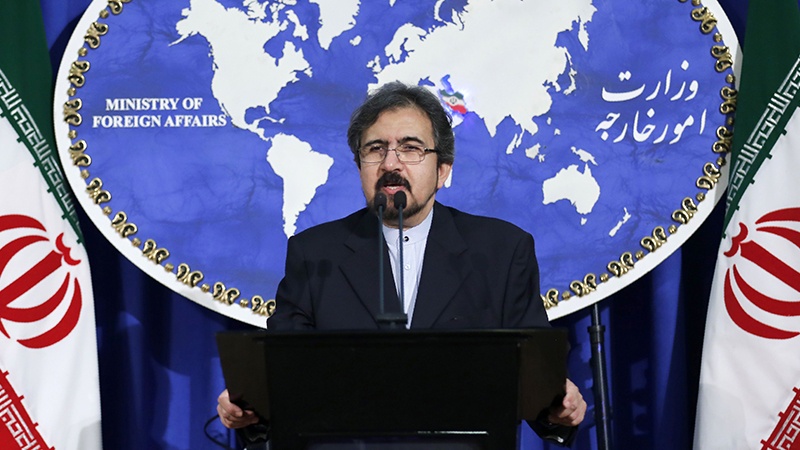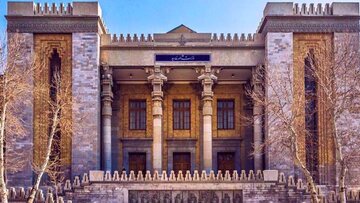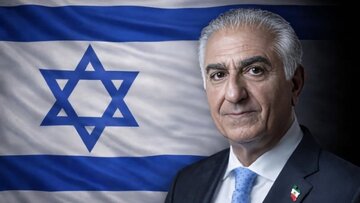“We have repeatedly told French officials that the JCPOA (the nuclear agreement, known as the Joint Comprehensive Plan of Action) is not negotiable and other issues will not be included in it,” Iranian Foreign Ministry Spokesman Bahram Qassemi said on Saturday.
“France is … completely aware of our country’s stance that Iran’s defensive affairs are not negotiable,” he added.
During his visit to the United Arab Emirates on Thursday, Macron suggested amending the JCPOA.
Later in the day, Macron made a surprise visit to Saudi Arabia, where he said he was “very concerned” about Iran’s ballistic missile program, adding, “There are negotiations we need to start on Iran’s ballistic missiles.”
In an interview with the Time magazine, published on Thursday, Macron also said, “We should negotiate a new series of criteria and a new treaty with Iran to stop their ballistic activities in the region.”
Iran and the five permanent members of the United Nations Security Council – the United States, France, Britain, Russia and China – plus Germany signed the nuclear agreement on July 14, 2015 and started implementing it on January 16, 2016.
Under the JCPOA, Iran undertook to put limits on its nuclear program in exchange for the removal of nuclear-related sanctions imposed against Tehran.
Eight reports by the International Atomic Energy Agency (IAEA) have confirmed Iran’s full compliance with the agreement.
Iran has vehemently ruled out any negotiation on its missile program which it deems as an inseparable plank of its national security, meant for defense and deterrence.
In his interview with the Time magazine, Macron also appeared to be supporting Washington's position on Iran's ballistic missile capabilities. He claimed that a recent missile attack by Yemen’s Houthi fighters on Saudi Arabia was “part of this ballistic activity of Iran in the region.”
Qassemi said the French president and officials know very well that leveling such accusations against Iran is not in conformity with the realities on the ground in the Middle East in recent decades.
He emphasized that France must persuade its Persian Gulf allies to pursue “wise and unsentimental” policies and approaches.
Qassemi urged France to pursue “realistic, fair and far-sighted” policies on the ongoing developments in the Middle East and the Persian Gulf region.
“We expect France not to be swayed by inculcation and false signals sent by certain countries in the Persian Gulf region against the Islamic Republic of Iran,” the Iranian spokesperson said.
He called on the French government to adopt “tangible strategies” and compel its allies in the region to put an immediate end to war and bloodshed in Yemen with the purpose of establishing peace and stability in the impoverished country.
The Yemeni army on November 5 confirmed that it had targeted Saudi Arabia’s King Khalid International Airport in Riyadh with a long-range Borkan H2 ballistic missile.
Saudi Arabia has also confirmed the launch, saying, however, that its air defense intercepted the missile, bringing it down north of the airport.
In a statement, the Saudi-led coalition claimed the Houthis were under Iran’s “direct command.”
The attack, the first of its kind, has shaken the kingdom, triggering frenzied accusations by Saudi leaders that the missile had been built in Iran.
Tehran has dismissed the accusation, with Foreign Minister Mohammad Javad Zarif stating that Riyadh was trying to blame others for the consequences of its aggression in Yemen.
/323
12 November 2017 - 08:25
News ID: 866332

(AhlulBayt News Agency) - Iran has rejected French President Emmanuel Macron’s proposal to amend the landmark 2015 nuclear deal to cover the Islamic Republic’s ballistic missile capabilities.




